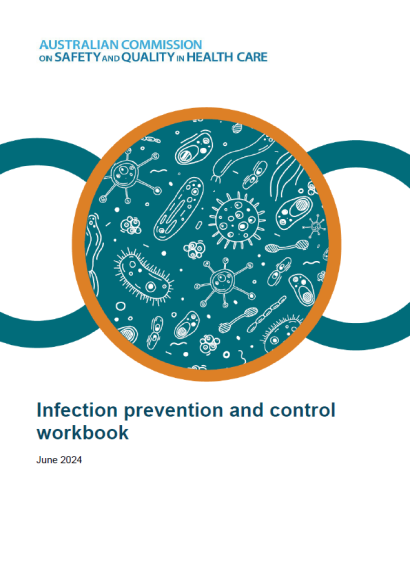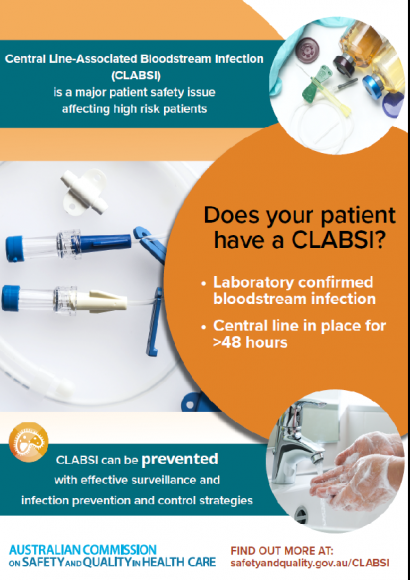A range of promotional materials are available to support implementation of the National Hand Hygiene Initiative (NHHI).
The National Hand Hygiene Initiative (NHHI) Implementation Guide is designed to help health service organisations to implement and manage their hand hygiene program and to meet the requirements of relevant national standards.
There are a number of tools available to support hand hygiene auditing in acute and non-acute healthcare settings.
Hand hygiene compliance auditing is conducted to assess the effectiveness of hand hygiene programs in Australia, as part of the National Hand Hygiene Initiative (NHHI). Hand hygiene compliance is assessed across both public and private Australian hospitals, consistent with AHMAC endorsed benchmark of 80 per cent.
Instructions and responses to frequently asked questions have been developed to support use of the HHCApp.
The 5 Moments for Hand Hygiene approach was designed by the World Health Organization to minimise the risk of transmission of microorganisms between a healthcare worker, the patient, and the environment.
Alcohol-based hand rub is the recommended product for hand hygiene in healthcare settings when hands are visibly clean.
When performed correctly, hand hygiene results in a reduction of microorganisms on hands and contributes to prevention of healthcare-associated infection and improved patient safety.
The Commission works to improve the safety and quality of medication use in Australia. It leads and coordinates national initiatives to reduce medication errors and harm from medicines. Medication safety forms part of the National Safety and Quality Health Service (NSQHS) Standards (second edition).
Information in these pages can help health service organisations and clinicians identify and implement strategies to improve medication safety.
The Charter describes rights that consumers, or someone they care for, can expect when receiving health care. These rights apply to all people in all places where health care is provided in Australia. This includes public and private hospitals, day procedure services, general practice and other community health services.
Serious adverse events such as unexpected death and cardiac arrest are often preceded by observable physiological and clinical abnormalities. Other serious events such as suicide or aggression are are also often preceded by observed or reported changes in a person's behaviours or mood that can indicate a deterioration in their mental state.
The health care that people receive in the last years, months and weeks of their lives can help to minimise the distress and grief associated with death and dying for the individual, and for their family, friends and carers.


